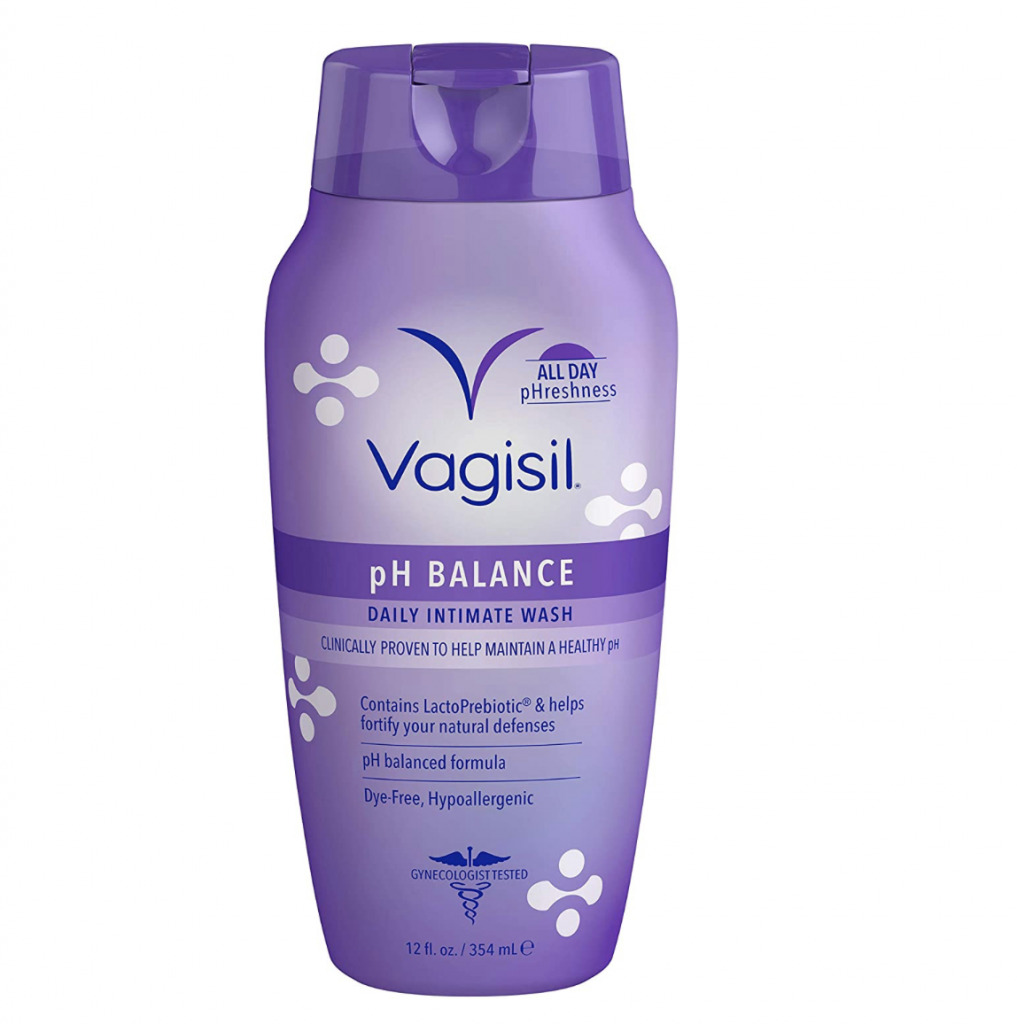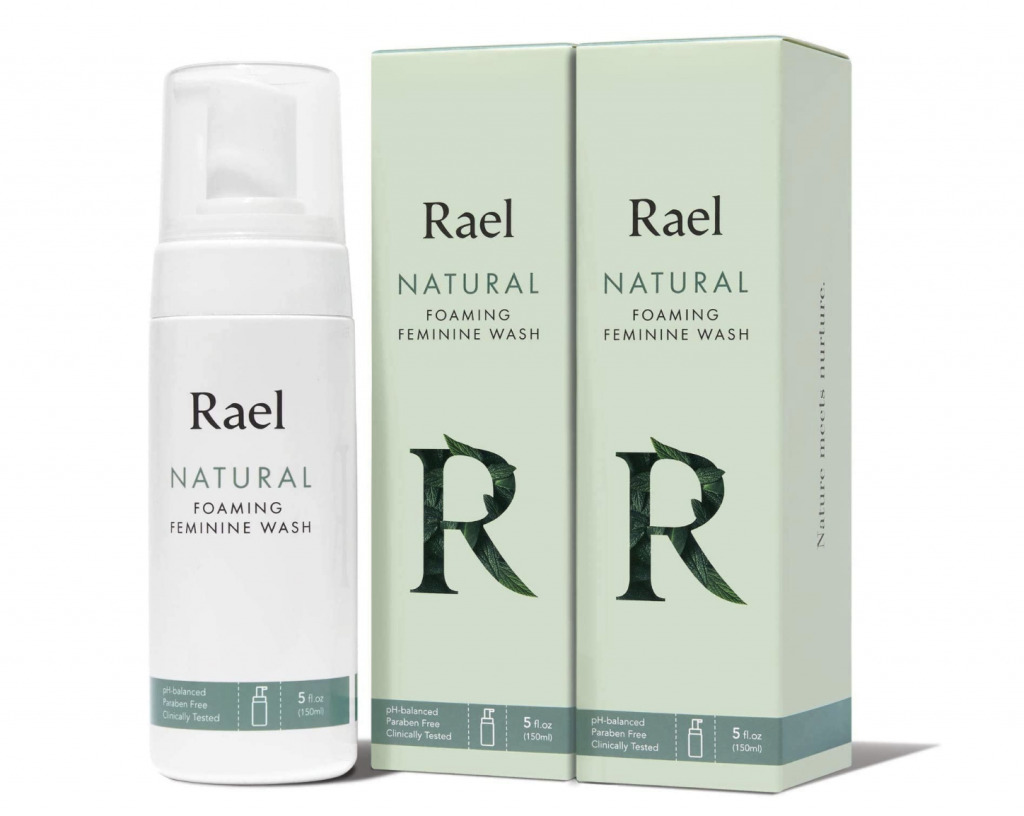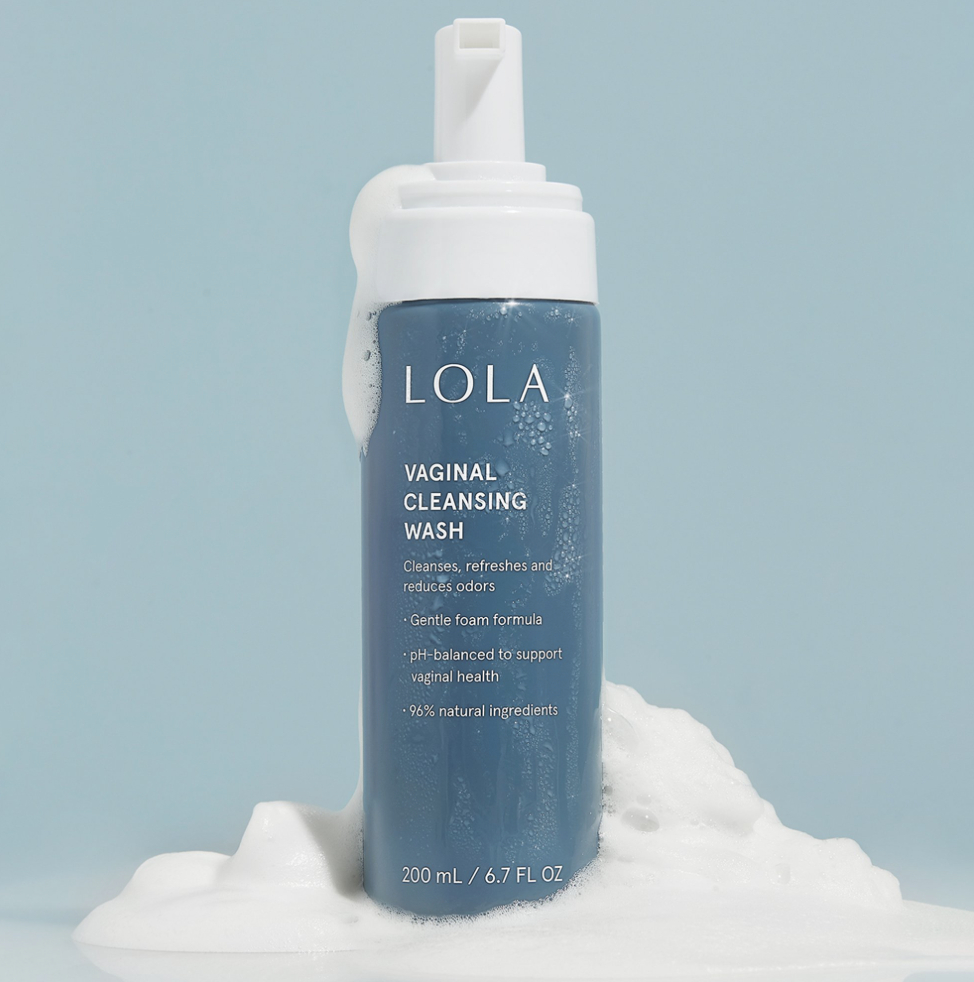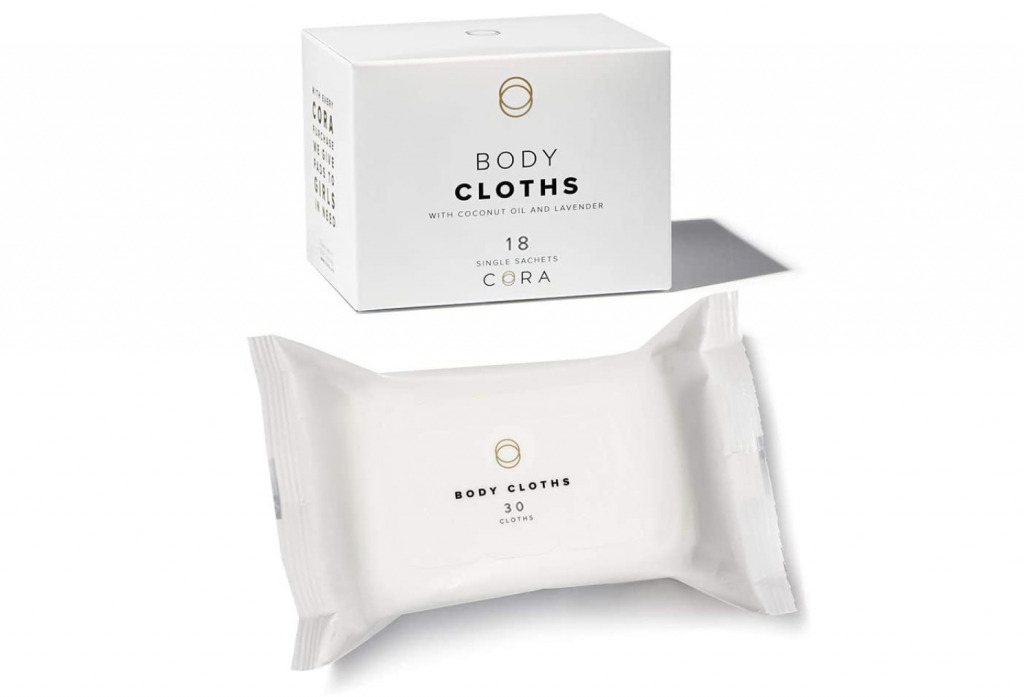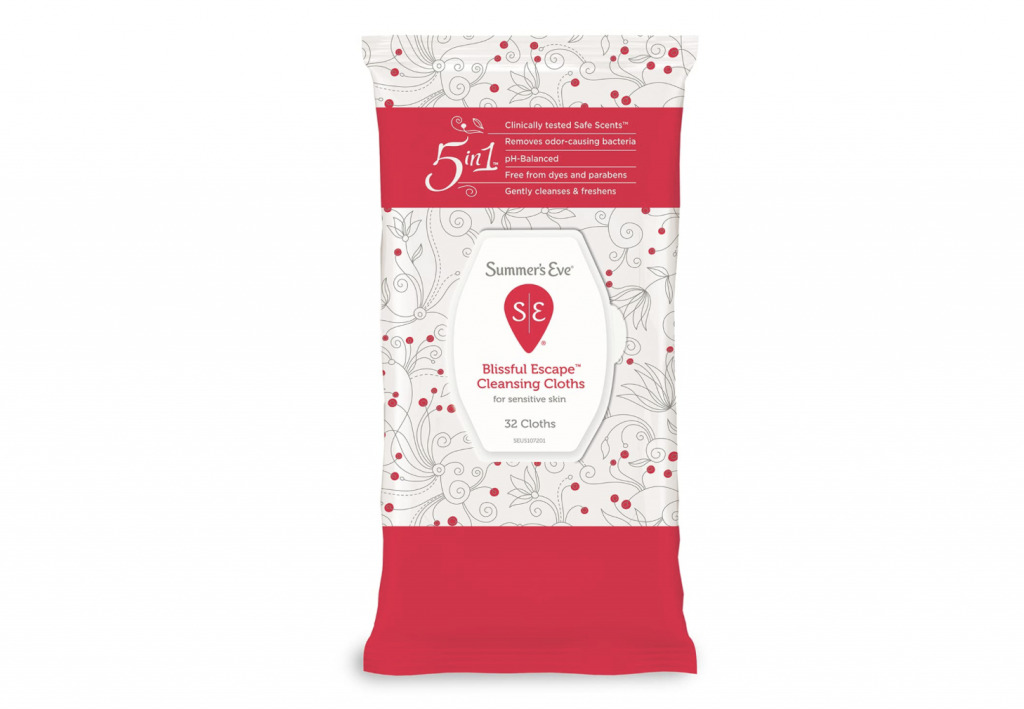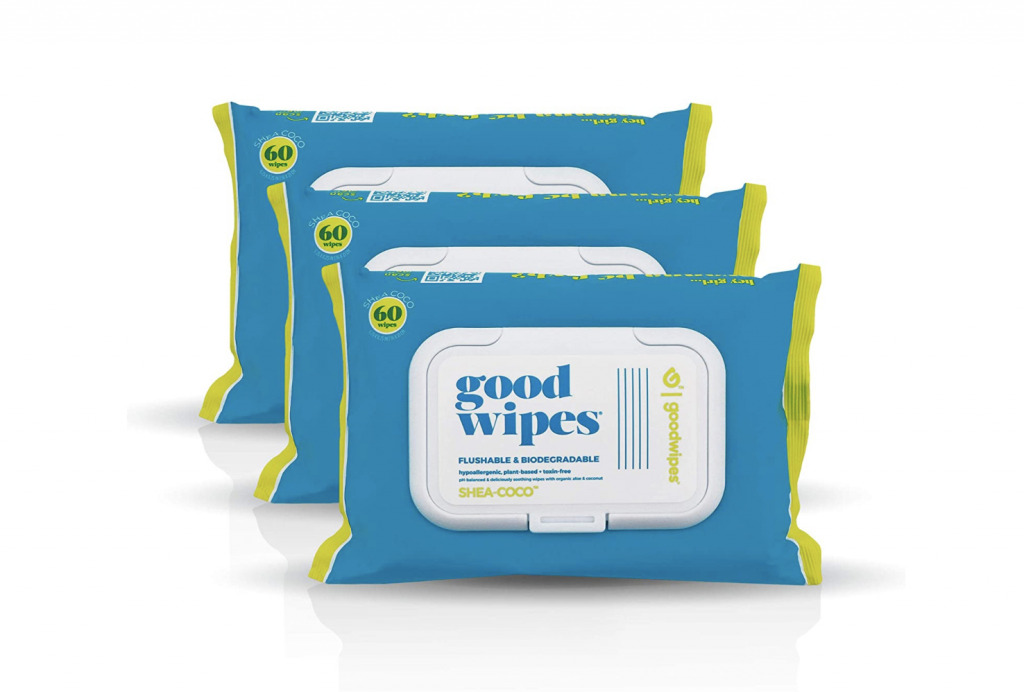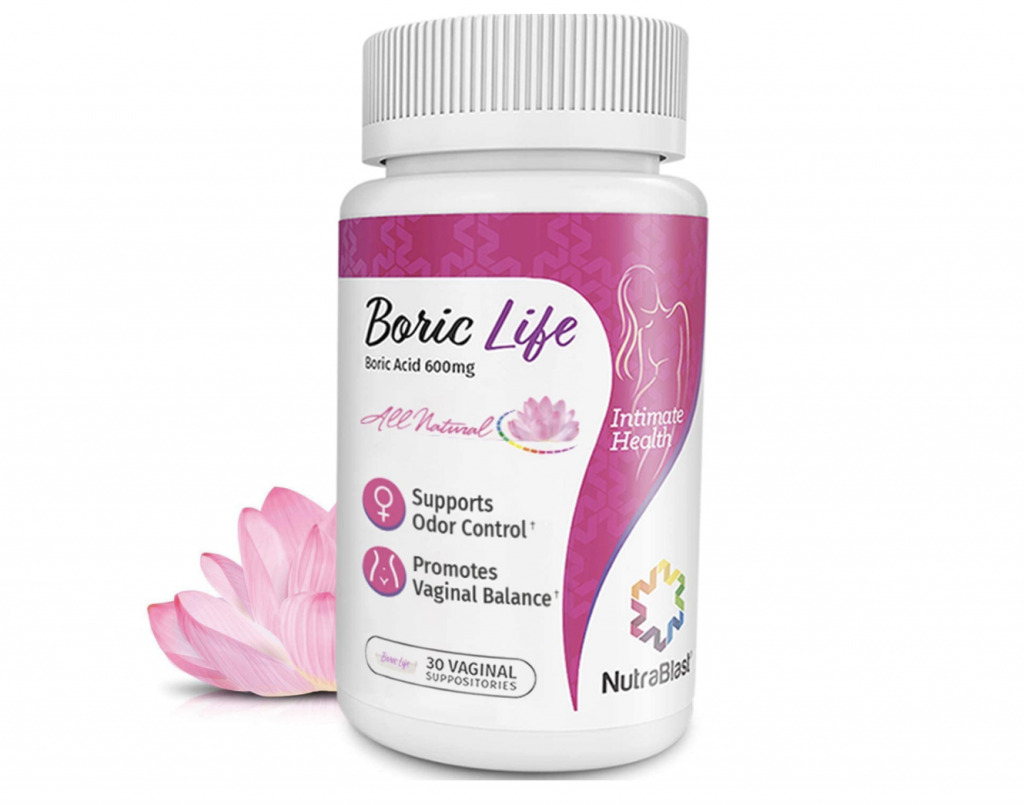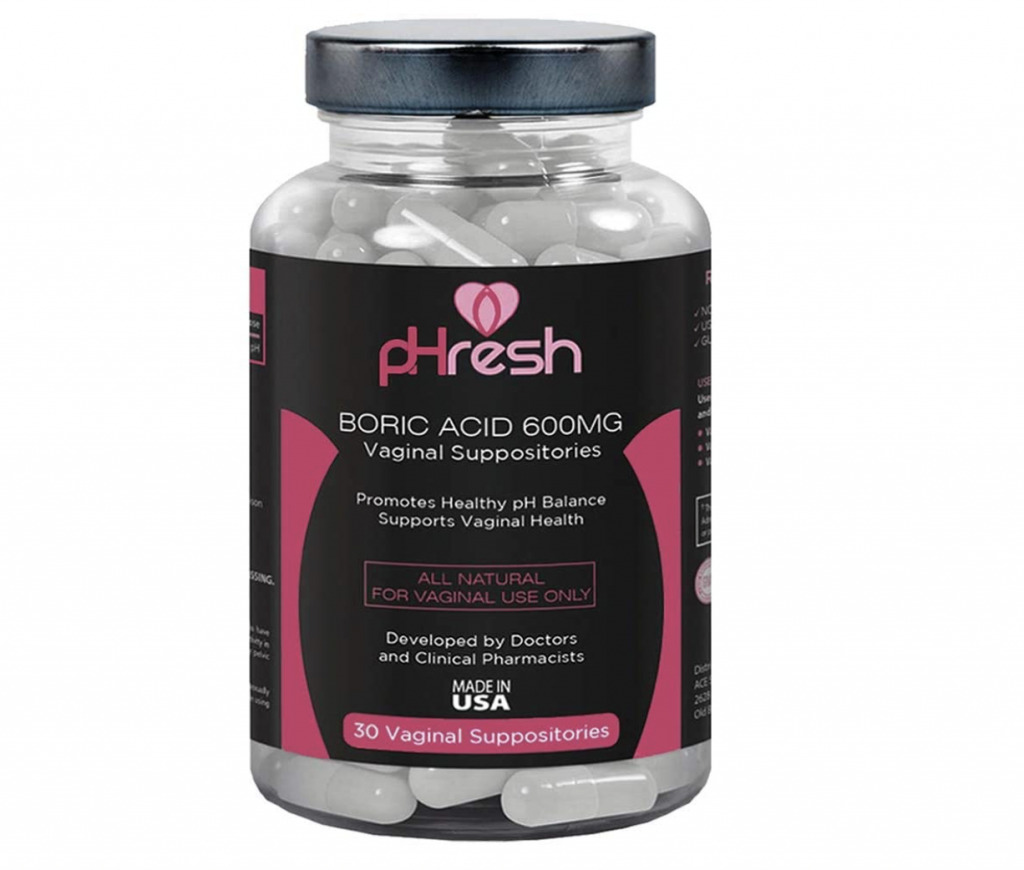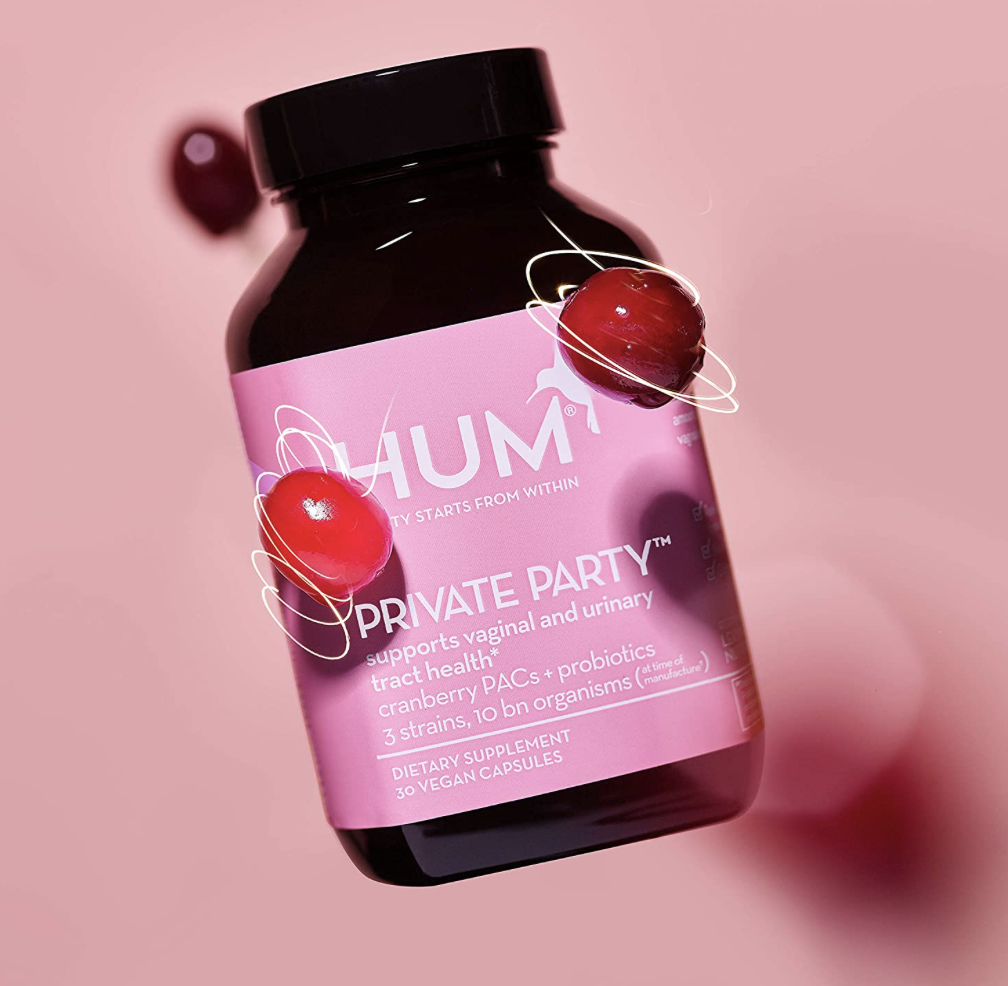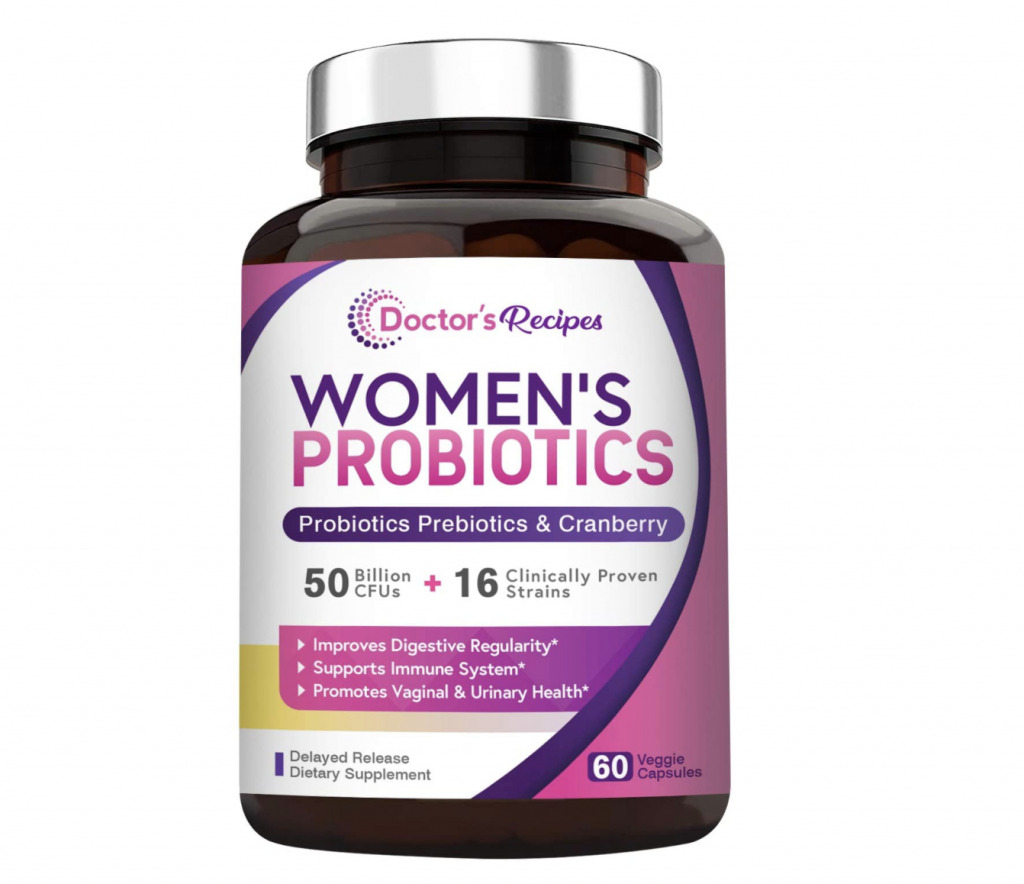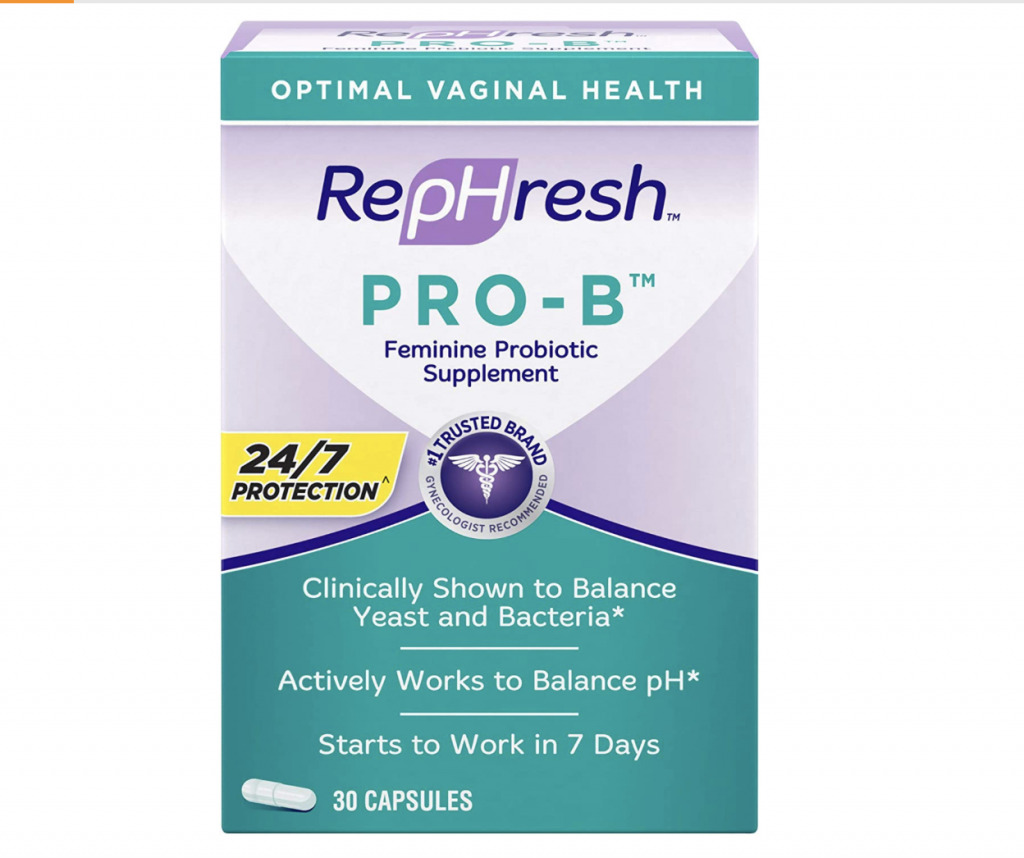I read an article the other day that was truly disheartening: so many women don’t know how to take care of their vaginal health.
Some admitted to douching, which has been proven to lead to infections and mess with vaginal flora. Steaming (made popular thanks to Gwyneth Paltrow and Chrissy Teigen) can create a perfect breeding ground for bacteria, and burning has also happened thanks to steam that’s just a liiiittle too hot. Yet all of these are…well, unnecessary.
So, why are these practices so popular if the vagina is good on its own? And how can you keep your lady bits happy and healthy when they do need some TLC? We’ve got the tips and products to do the job right.

Vagina vs. Vulva
Before we dive into this, let’s make one thing clear: while many people refer to the vagina as the entirety of a woman’s pelvic region, there’s a huge difference between the inside and outside – and how you should be cleaning them.
i don’t know who needs to hear this today but don’t clean your vagina and do clean your vulva
— Vagina Museum (@vagina_museum) May 26, 2019
The vulva is the outside area of the pelvic region, and it does need to be cleaned. Sweat, bacteria, and any self-grooming can cause a disruption in the cleanliness of your vulva, leading to skin infections, rashes, and ingrown hairs. That’s why you should be regularly washing down there.
Keep in mind that the vagina’s normal pH level is 3.5 to 4.5, meaning it’s slightly acidic. Changes in pH can cause problems, like bacterial vaginosis and yeast infections. So, when you’re using a cleanser, we recommend these, which are all pH-friendly.
If you’re coming out of the gym or don’t have time to shower, you can also use pH-sensitive wipes, like these:
The Vagina is Self-Cleaning
The truth of the matter: most of the time, your vagina is doing just what it should be. This means it cleans and regulates all on its own.
Don’t do it.
Your vagina is not seafood, vegetables or noodles.
Please do NOT steam it.Eat well and practice basic hygiene.
The vagina in itself and by itself, cleans and takes care of itself.
It does NOT need sponge, a scrubbing brush, and surely doesn’t need to be barbecued. https://t.co/agFrt7Badr— #OurFavOnlineDoc 🩺🇳🇬🇬🇧💎 (@DrOlufunmilayo) January 11, 2018
One thing many women are scared of: a “weird” smell. And yes, sometimes this can be indicative of an infection or STI of some sort. But vaginas aren’t supposed to smell like flowers and fresh linen, contrary to popular belief. Changes can occur for a variety of reasons – for example, during your period or other hormonal shifts, like menopause.
Your vagina should actually smell.
… That’s because it’s a Vagina.
— ajebieber@ (@ajebieber3) April 30, 2021
However, sometimes your body acts up. Usually, this is in the form of a yeast infection, which can be caused by antibiotics for other body infections, an excess of estrogen, or a weakened immune system (think back to the last time you had a cold).
When you have a yeast infection, it’s important to go to your OB/GYN and discuss treatment options. While there are some medications on the market (like fluconazole, aka Diflucan), they also might suggest boric acid suppositories. These are our favs:
Other ways to avoid those nasty infections: probiotics. They aren’t only for your digestive system – they help with vaginal health, too. Regulating pH and vaginal flora is über important to keep from recurring infections. These have been proven by hundreds of reviewers to work:

We hope this clears up any myths you may have heard about ways to take care of down there. What products do you use? Have they helped? Let us know in the comments!
Looking For More Info On Your Feminine Health? Read These:
The Top Tender Loving Care Tips To Keep Your Lady Parts Silky Smooth
Kiss The Painful Period Cramps Goodbye With These 6 Miracle Products

